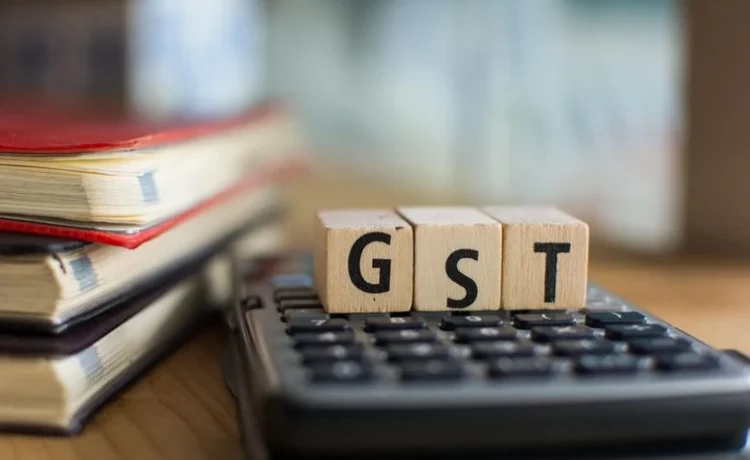In a memorial legal case that focuses on the seriousness of tax compliance in Singapore, a former Group Executive Director, Vijay Kumar Muvva, has been convicted to jail for the illegal collection of Goods and Services Tax (GST). This is the first jail sentence under the corrected Section 64A (2) of the GST Act, signalling a tough posture by the authorities on GST defilements.
Read the article below to learn more about the Former Group Executive Director to be jailed for Unauthorized Collection of Goods and Services Tax.
Who is Vijay Kumar Muvva?
Vijay Kumar Muvva was the Group Executive Director of Ensoft Consulting Pte Ltd, a group involved in conscription and manpower sourcing services. His act placed him in a position of expertise, with decision-making capacities regarding the firm’s financial and tax matters. Despite this, Muvva intentionally engaged in unwarranted tax collection practices, leading to welcome eventual pursuit.
The Offense: Unauthorized GST Collection
1. Failure to Register for GST
- Ensoft Consulting’s taxable income exceeded S$1 million in 2017, which constitutionally required the guest to register for GST by January 30, 2018.
- The law authorities that businesses that cross the S$1 million profit threshold must register for GST within 30 days.
- Muvva failed to inform the Inland Revenue Authority of Singapore (IRAS) of this responsibility.
2. Unauthorized Collection
- Despite not being GST-registered, Ensoft Consulting claims GST from its customers.
- Muvva authorized employees to include GST in client invoices, which is illegal for non-listed entities.
Legal Action and Sentencing
Vijay Kumar Muvva was charged under two key provisions of the GST Act:
1. Section 21(1)
For failure to inform IRAS about the obligation to register for GST.
2. Section 64A (2)
For the unofficial collection of the GST, a weightier offense is accompanied by enhanced punishments.
Penalties Imposed
- Fine for failure to register: S$2,000
- Penalty for under-declaration: S$13,961.33
- Imprisonment: 7 weeks
- Additional punishment for unauthorized GST accumulation: S$83,300
- Total financial penalty: S$99,261.33, plus jail period.
This marks the first conviction under the renewed GST Act where a jail term has been enforced, revealing Singapore’s zero-resistance approach to tax fraud.
Why This Case Matters
This case has set a criterion for how Singapore handles tax-related offences, specifically in the corporate scene. It serves several main purposes:
- Strengthens public trust in the tax scheme.
- Acts as a deterrent to different companies and executives.
- Reinforces the humourlessness of adhering to tax management.
Key Lessons for Business Owners
You can also get help from companies like Timcole. This company will help you avoid similar results. Businesses and administrations should guarantee the following:
1. Understand GST Obligations
- Monitor turnover exactly.
- Register for GST if revenue surpasses S$1 million in 12 months.
2. Do Not Collect GST Illegally
- Only GST-recorded entities are admitted to charge and collect GST.
- Unauthorized group can lead to punishments up to 3x the amount composed, fines of S$10,000, and jail time.
3. Keep Transparent Records
- Maintain accurate invoicing and accounting practices.
- Ensure all monetary documentation is obedient with IRAS principles.
Conclusion
The imprisonment of Vijay Kumar Muvva sends a clear message: compliance accompanying GST laws is non-negotiable. With the IRAS empowered to take authoritarian action against perpetrators, businesses must guard and be responsible in their tax practices. Executives, specifically, should lead by example and ensure that their parties meet all statutory responsibilities.

















